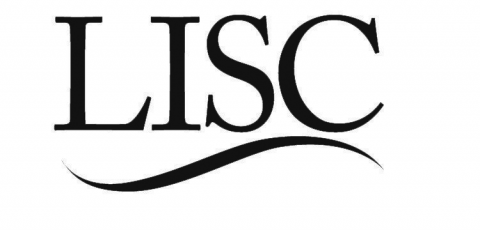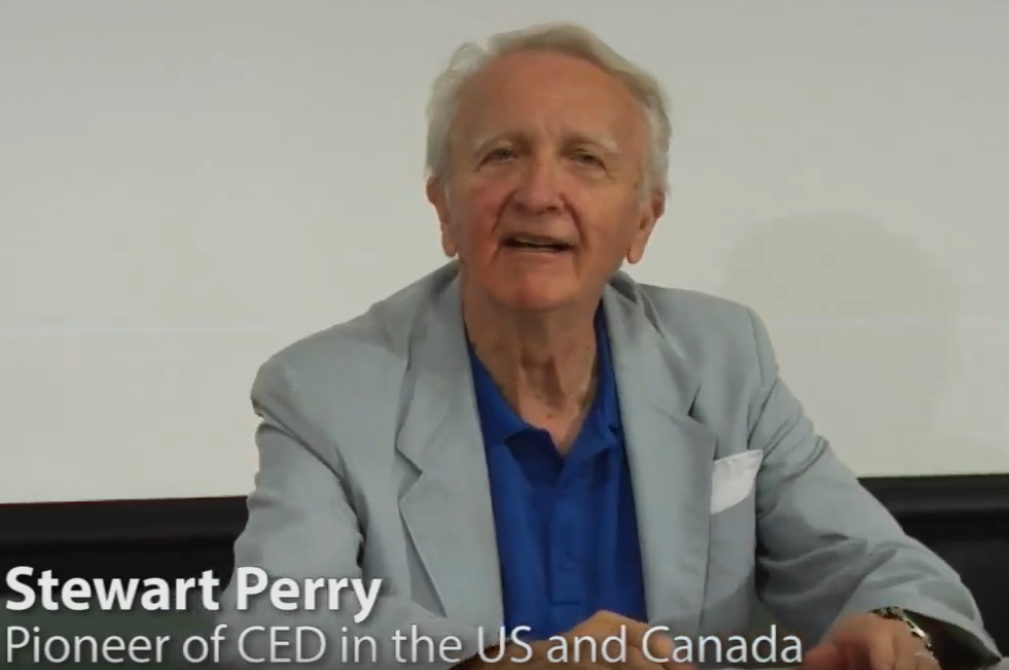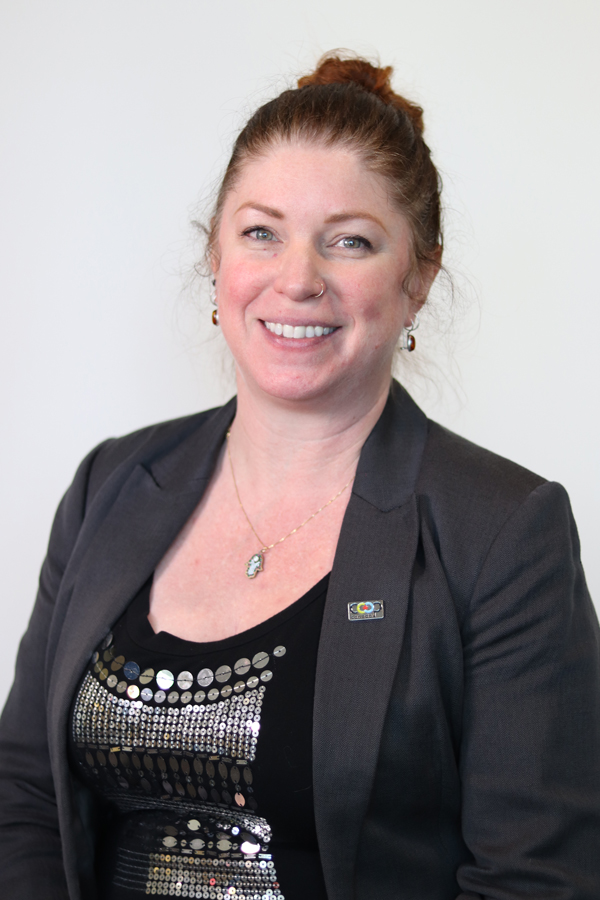 Mar 25 - Jul 14, 2019
Mar 25 - Jul 14, 2019
Towards Co-operative CommonWealth is a master class in movement building for a new model of political economy that is sustainable, democratic, and socially just. Offered by the Synergia Institute and Athabasca University, it sets out the practical models and pathways for meaningful systems change at multiple levels. The goal: to better secure our basic needs for land, food, livelihood, social care, energy, finance and more in these increasingly difficult times.
The course is suitable for newcomers to social change work as well as veteran activists, practitioners, policy-makers, and researchers. Individuals on their own and people working for social change through organizations, networks, and movements can leverage the course material and the expertise of the Synergia team to advance their own projects and activist work locally.
The course is offered in two sections: Section 1 is 4 modules over 4 weeks starting March 25th, followed by a 4 week intellectual pause to catch your breath from April 22 till May 20th, and Section 2 starts another 4 Modules from May 20th to June 22.
Following the course, feedback from the Synergia team will be available for three weeks to promote application of course ideas & models to your own projects or work.
*The course is free at the certificate level. The cost of degree accreditation is $269 CAD.
OBJECTIVES
- Outline and explain the problematic, and transformative vision.
- Discuss emerging food system alternatives and strategies for transitioning to just, sustainable food systems.
- Recognize the role of public policy and bottom-up innovation in renewable community energy.
- Become familiar with the interplay of assumptions, interests, power, and technology feeding the growing precariousness of livelihoods and the implications for human wellbeing, and to explore emerging sector-, policy-, and place-based alternatives.
- Outline the philosophy, rationale, and organizational forms of user-controlled models of health and social care.
- Discuss enclosure, and the alternatives of commons and land trusts.
- Describe community development finance and co-operative capital raising and their potential to secure democratic and socially directed investment for the common good.
- Synthesize key ideas and practices that define systemic transition.
Target Audience: We imagine that if you were attracted to this course, you will be someone who shares our general world view and vision, and wants to broaden and deepen it and join us and others to develop it. That is its principal purpose, but a secondary purpose is to link people and projects that share these views in practical ways. You are likely to be people who are already engaged in social change work in three crucial movements – co-operation, commons, and sustainability. Most are already actively working to make this world view a reality. You may be active in the environmental movement, human or animal rights, social equality and development, the solidarity economy, co-operative finance and alternative currencies; the Transition Movement, permaculture, local food, eco-villages, the digital commons, peer-to-peer and open educational resources, community energy or many others.
For more information about Synergia Institute visit: synergiainstitute.org
Course is offered by Athabasca University in collaboration with Synergia.
"System Change Not Climate Change" Banner photo is copyright (c) 2009 by Kris Krüg and made available under a CC BY-NC-ND 2.0 license.




 Stewart Perry, CED Practitioner & CCEDNet honorary lifetime member
Stewart Perry, CED Practitioner & CCEDNet honorary lifetime member Victoria Morris, Executive Director, Saskatchewan Co-operative Association (SCA)
Victoria Morris, Executive Director, Saskatchewan Co-operative Association (SCA) More than 100 million people in the United States — one in every three residents, and nearly half of all people of color — are economically insecure, with a household income below 200 percent of the federal poverty level. The new report from PolicyLink and PERE, "100 Million and Counting: A Portrait of Economic Insecurity in the United States," states that this reflects not only the toxic polarization of wealth and income but also the persistence of racial inequities throughout the economy.
More than 100 million people in the United States — one in every three residents, and nearly half of all people of color — are economically insecure, with a household income below 200 percent of the federal poverty level. The new report from PolicyLink and PERE, "100 Million and Counting: A Portrait of Economic Insecurity in the United States," states that this reflects not only the toxic polarization of wealth and income but also the persistence of racial inequities throughout the economy.